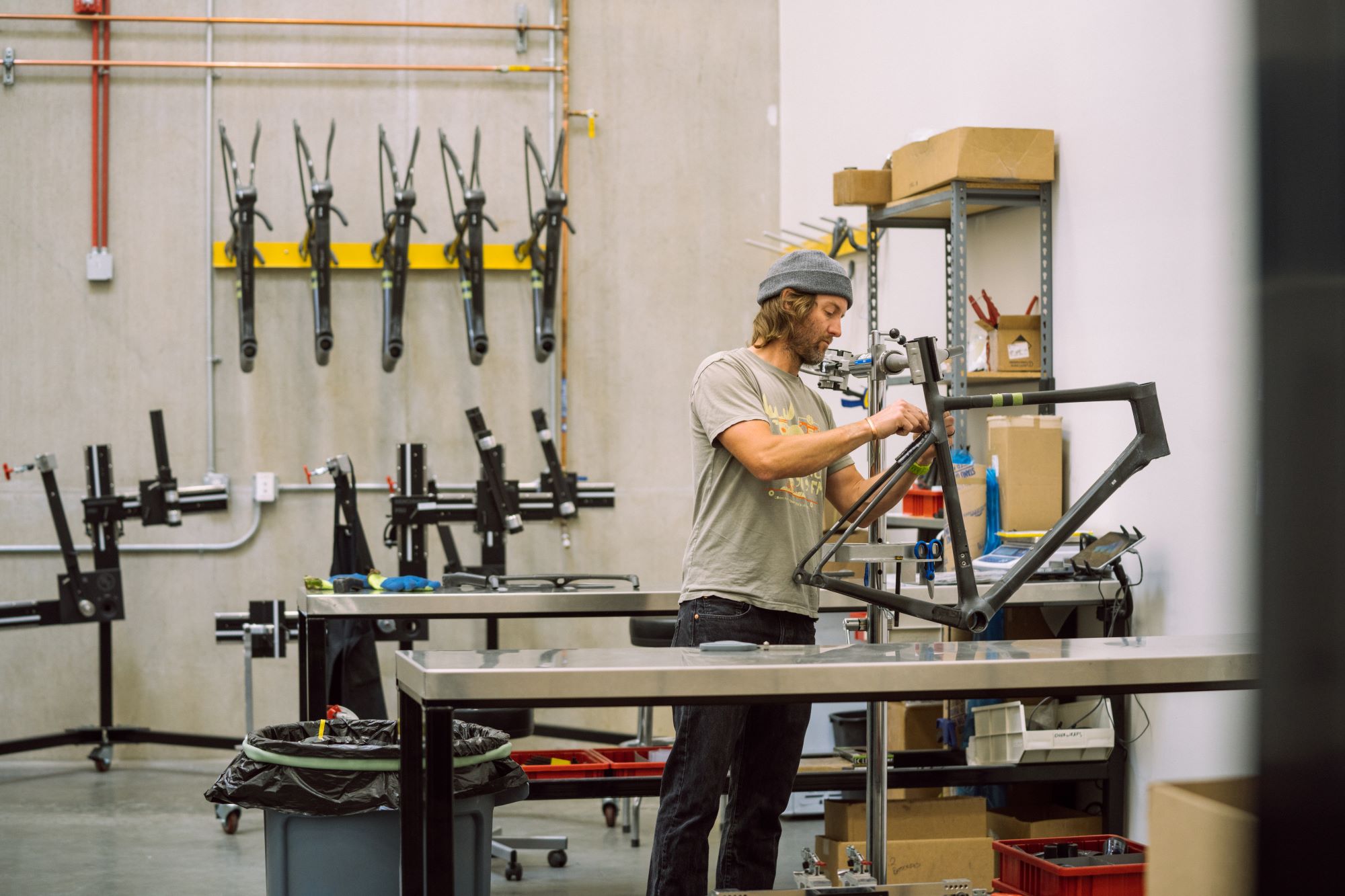
As popular as cycling is in many parts of the U.S., manufacturing bikes is not.
According to Statista, in 2022, the U.S. imported more than $2.2 billion worth of bicycles, while exporting a value of just 171 million in bicycles by comparison. The majority of imported bicycles in the U.S. originate in China.
Since the COVID-19 pandemic, bike manufacturers worldwide have struggled to find the “magic formula” to manage assembly costs while providing quality bikes. One American congressman believes he may have an answer to help this challenge.
Oregon congressman Earl Blumenauer wants to reinvigorate American bicycle manufacturing and has proposed the Domestic Bicycle Product Act, which takes a three-pronged approach to jolting U.S. bike manufacturing to life:
- Implement a 10-year tariff suspension on imported bicycle components such as frames, wheel rims, hubs, saddles, pedals, etc. The hope is this would incentivize bicycle assembly operations in the U.S.
- Create an e-bike production tax credit to incentivize e-bike manufacturers to build their products in the U.S.
- Offer 12-year, low-interest loans to bicycle manufacturers for purchasing capital equipment to be used for the purpose of building bikes.
The Domestic Bicycle Product Act isn’t Blumenauer’s first foray into the world of political advocacy for cycling.
Blumenauer has spent decades advocating for bike-first infrastructure like pedestrian bridges and bike lanes across Oregon and he also founded the Congressional Bike Caucus in 1996, which has since secured more than $2.25 billion in federal funding for cycling initiatives across the country.
For the Domestic Bicycle Product Act, Blumenauer shares that he drew inspiration from Europe’s “bicycle manufacturing renaissance;” in 2022, a total of 14.7 million bicycles were produced in the E.U., a 10% increase from 2021 and a 29% increase from the prior decade. Blumenauer believes these results were achieved in large part due to a combination of “strong trade policies and investing in manufacturing facilities.”
U.S.-based Pivot Cycles’ founder Chris Cocalis is a supporter of canceling import taxes on cycling components as the company currently assembles most of their bikes in Tempe, Arizona.
“[Assembling bikes in the U.S.] allows us to be flexible, offer more packages and be the high-end brand that we are,” Cocalis said in an interview with Singletracks. “The fact is that almost every part that we import has somewhere between a three and 11% duty on it.”
Cocalis went on to say that the three to 11% duty doesn’t include the sometimes additional 25% duty certain parts may warrant, and that all those import taxes add up to making it difficult for Pivot to grow as a brand - a removal of those tariffs would alleviate some of the financial challenges of being a smaller, U.S.-based bike manufacturer.
The Domestic Bicycle Product Act is still in its early stages, having only been drafted in late February 2024. The Act’s draft must go through many rounds of subcommittee and committee approvals and rewrites before it is voted on, and this can take years in some cases.
Blumenauer also announced he will not seek reelection at the end of 2024, which could put the bill’s future in jeopardy.
Time will tell if Blumenauer’s decades of cycling advocacy in Congress - including this bill - will have staying power after his term is over.







